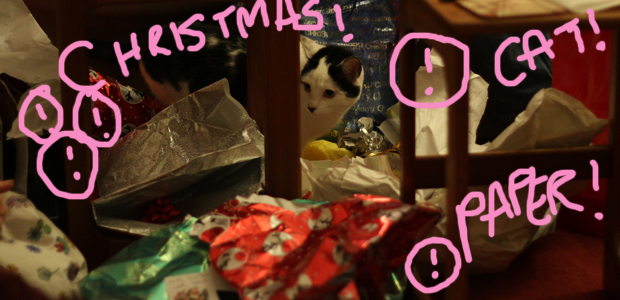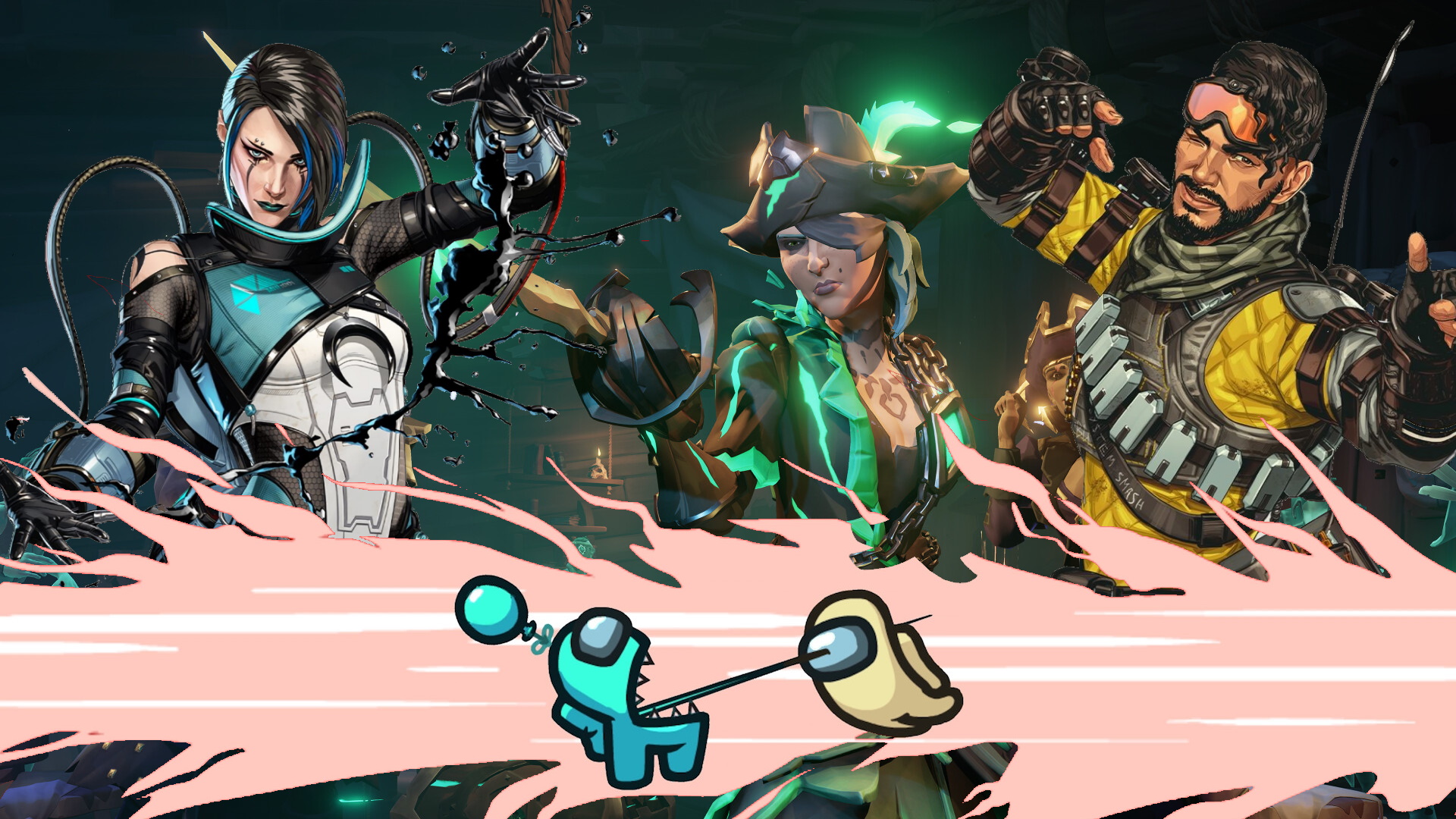Dote Night: The Pinging In My Ears
Hey! Over here! Hey!
Part of a miscellany of serious thoughts, animal gifs, and anecdotage from the realm of MOBAs/hero brawlers/lane-pushers/ARTS/tactical wizard-em-ups. One day Pip might even tell you the story of how she bumped into Na'Vi's Dendi at a dessert buffet cart.
A few days ago I was playing Dota as part of a group of four. The fifth slot went to a total stranger. Maybe it'll be fine, we told ourselves. Maybe it'll be alright, we thought as he took Pudge mid. Maybe it'll be – oh God no he's a ping fan.
In Dota there are two types of ping: one is the measure of latency between your computer and the game server, the other is where you alt+left-click on the map. The latter plays an alert noise and puts a visual marker on the map and minimap to communicate information with your team quickly.
The audio and visual changes in some contexts to offer more specific information. For example, if you do it to an enemy tower you'll see a sword icon on the minimap indicating you want that building attacked, for an allied tower it's a shield for defence. But a vanilla ping is an ambiguous thing. Its translations include (but are in no way limited to):
- We should go here
- We shouldn't go here and although I could use CTRL+ALT+left click to activate a caution ping instead, who has the time? NOT I.
- I'm going here
- You should go here
- Why didn't you go here?
- Or there?
- Or follow this circular pattern I am now describing on the ground?
- I want this lane
- No, hang on, this lane
- I appear to have dived far too deep chasing a kill I was never going to get and would appreciate you bailing me out.
- Why didn't you come and help me?
- Why did you come and help me?
- Here is the spot where you died. I am holding a ping memorial service for you completely sincerely and not at all like a sarcastic jerk.
- I would like this farm
- You should take this farm
- This is a creep. I'm a big fan of this one creep in particular.
- We should check on Rosh
- There was someone here
- There was a courier here
- OH GOD THE COURIER
- There is a ward here
- There should be a ward here
- No, not that type of ward JEEZ this was the ping for sentry wards obviously
- Please stack this camp
- I want this camp
- Why aren't you farming this camp
- What happens if I press ALT at the same time as I click something?
- I like pinging things!
- I am having a moment of existential angst. Please acknowledge my existence and relevance to this continuing shared experience
- Are you afk?
- You're afk - I KNEW IT
- I usually enjoy playing Dota and use it as a form of relaxation after work but today was pretty stressful and it turns out playing as a team with a bunch of strangers doesn't always work out so well and while I'd like to think I'm usually pretty chill I am not dealing with this fiasco at all well.
- That team fight did not work out so well. I fully accept my part in it and hope we can do better next time.
- I am displeased
- I am pleased
- I am hungry
- Look at this squirrel. It's like two little sausages bounding about.
- I think this is the ancient. Can we heal it with pings?
- Well done everyone*
*I am an optimist.
With that wealth of possibility in mind there's a lot of room for misinterpretation and error when deciphering the alert. There's also a peculiar level of stress and disruption which it can bring to games. It's hard not to respond to a ping. I was having a look into the research on non-verbal communication in gaming but I didn't find much. There's a little which deals with body language and communication in games like Second Life and a whole heap about instant messenger etiquette but the communicative potential of pinging a screen during a wizard fight seems under-investigated at the moment. As a result this is going to be largely anecdotal.
The ping is disruptive because it's so hard to ignore. The noise is an intrusion and an irritant in the game's normal soundscape and you want to get rid of it. The fact that it's used as a communication method means that one of the ways to reduce it or resolve it is to respond correctly so you make a guess at one of the translations listed above.
The guessing process is made slightly easier by taking into account other factors. If the character is positioned ready to initiate an attack, the ping probably means "Go!" If the pinging is insistent and the character is running away from the area you'd probably assume it was a warning to stay away or that they might need rescuing from whatever's lurking. Some heroes rely heavily on the gold you get as a result of camps being stacked and killed so a ping near the camp which spawns the ancient neutral creeps would be an update on what that hero is up to and that your side should maybe deal with it if possible. You can also use what you've learned (through trial and error) about how that person uses pings to take more educated guesses as the game progresses.
On my internet travels I did find a section about communication in raiding in World of Warcraft. It was part of a Carnegie Mellon University (CMU) publication called Nonverbal Communication in Virtual Worlds: Understanding and Designing Expressive Characters [PDF]. The section explains that "The UI is more than just graphical; it serves a pragmatic function, allowing players to connect to their characters and thus to 'construct meaning and interpret [cues] as a [series of] orderly event[s]". Okay so it's focused on the role of the characters in all this but the last part helps explain how pinging is supposed to work. You use it in conjunction with other onscreen information to construct meaning and inform events within the game.
But when it's sloppier and the ping doesn't seem to have a context or easy interpretation it can be hugely frustrating on both sides. Particularly when the pinger doesn't stop at one ping. Or five pings. Or twenty-six pings.The closest way I can think to describing it is having an angry one-year-old shrieking because of some thwarted desire or another. They rage but they have no language. It doesn't stop when you ignore it so you try to work out what it means. Kunkka, do you want an animal biscuit? That was quite the torrent – do you need changing?
You start to ascribe motives and personality to the person behind the pinging and they're almost always going to be negative as a result of the frustration and the perceived rudeness – it's loud and unhelpful and you're not a toddler and JEEZ THE GAME HAS TEXT AND VOICE CHAT. It can also feel like the person is trying to bend the game to their will by issuing nonstop commands. If they prove bad in the leadership role that's an extra layer of resentment added.
The CMU chapter on raiding adds that "As shared meanings become more common, raids become more successful". That's what I meant about using the player's history of pinging to predict what they might mean right now. I'm not sure I'd go so far as to say being able to work it out has a correlation with Dota games being more successful (PLEASE SOMEBODY DO THIS RESEARCH I NEED TO KNOW!) but it would likely allow you to assess whether the request or instruction is reasonable or whether you're better off following a different plan.
The raiding piece concludes:
The confusing chaos of visually and sonically dazzling effects, bosses, minions, and other players' characters running this way and that, all emoting and creating noise must in pragmatic terms be made meaningful, interpreted, and acted toward [...] By the time a player is raiding, he or she needs to have developed a thorough understanding of game mechanics, media literacy vis-à-vis the user interface, and a knowledge base that includes the various roles expected of her character's class and specialization.
Essentially, that there's a lot of information to deal with at all times and your best bet for success is to try to make sense of it. Players have the option of adding to this information salad. Tossing in some pings can help chain information together or add statements of intent which don't get tangled up in spelling errors or not speaking the same language or having your voice and gender subject to scrutiny. But if you're a frequent pinger, know that there's also the flip side, where the flexible nature of a ping and the fact each other person on your team will be seeing slightly different contextualising information means it's just incomprehensible. Aggressive and intrusive gibberish. A digital wizard toddler railing against a cruel animal biscuit-free world.









